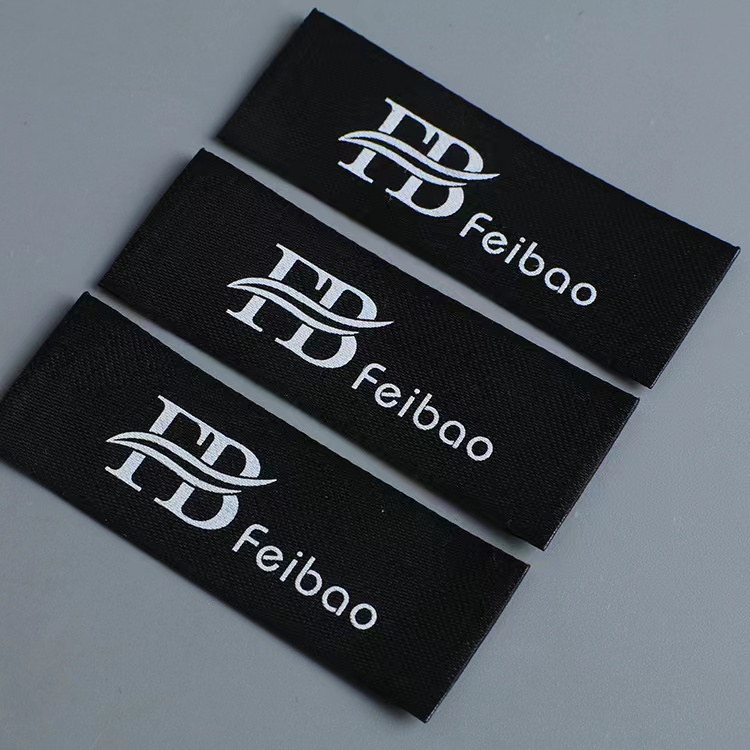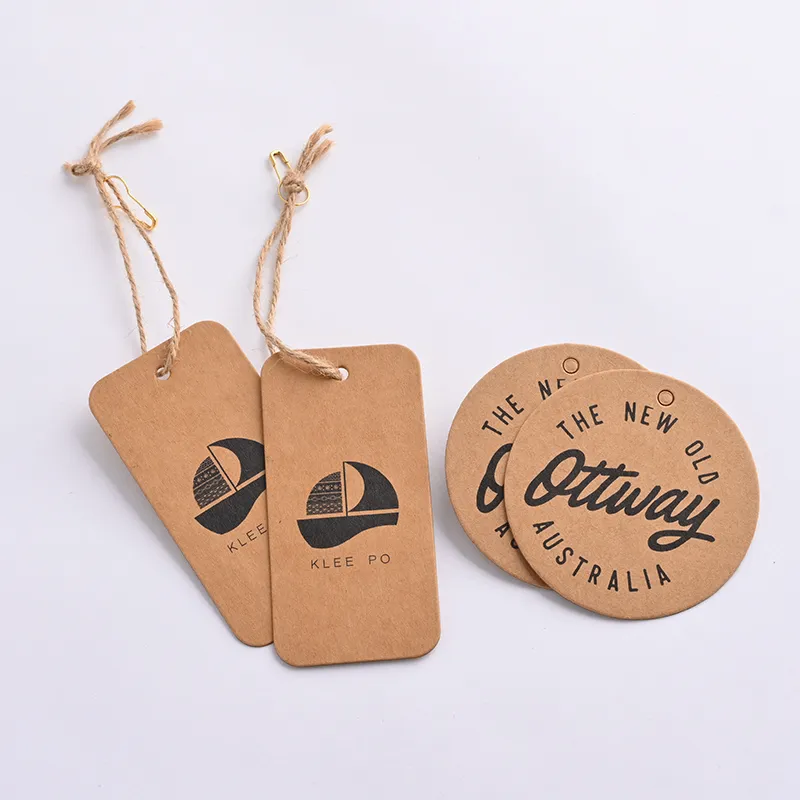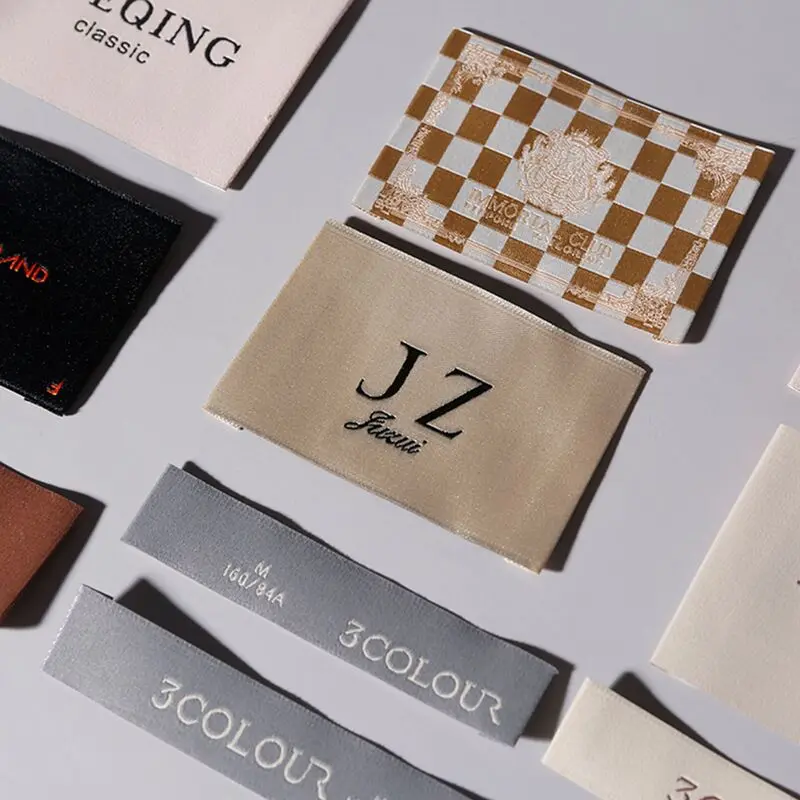How to make Woven Clothing Labels?
How to make Woven Clothing Labels
Woven clothing labels play a central role in apparel manufacturing industries to guarantee product quality and traceability, including material selection to standard compliance: Here is an in-depth breakdown of their production:

1. Material Selection
Selecting appropriate materials is crucial to creating labels that will last and comply with standards. These could include cotton and polyester fiber which are lightweight yet strong materials suitable for everyday wear, or alternatively lightweight polyester which has more stretch properties for greater comfort during everyday wear.
Polyurethane (PU) fabric: Waterproof and stain-resistant material that makes an excellent outdoor clothing material.
Canvas Fabric is lightweight yet sturdy material suitable for durable outdoor clothing applications such as camping gear.
2. Production Process
To produce labels of superior craftsmanship is vital in maintaining their durability and aesthetic appeal: Hot Stamping allows brand logos, product information, etc to be added through hot stamping while Foil Stamping creates deep text patterns or images which provide improved visual impact for improved durability:
Digital Printing: Ideal for precise reproduction of complex patterns and information.
3. Label Content
To make labels comprehensive and easily read, they should include essential information:
Product Name (to easily identify clothing type). (Product Specifications / Size, Fabric or other relevant Information.. (Specifications: to provide detailed details such as size/material specifications for garment).
Production Date and Expiry Date can provide useful insights. A production date helps ensure timely information. An expiry date details the product's lifespan.
4. Comply With Standards
It is vitally important that labels meet international or industry standards to build customer trust:
* ISO 13485 is an internationally accepted medical device standard applicable for high-risk products such as medical implants.
CE Certification for European Market: Certification ensures a product meets European regulations, while FDA Certification ensures safety and reliability on American Market.
5. Factory Advantages Our benefits as a factory include the following advantages: Full Qualifications: With comprehensive production and testing certifications ensuring product quality. Competitive Prices: Offering affordable options that range between $0.02 to $0.08 for product production runs.
Customization Services: Customizing label content and format according to customer preferences.
6. Factory Benefits
- Wholesale Factory Pricing: Offering bulk production to reduce costs.
Its
Its Customized Label Design Services: Producing customized labels as requested.
Products Appropriate for Woven Labels
1. T-shirts: Can be used to mark design information, specification details, production date and expiry dates on T-shirts.
2. Shorts/Skirts: Are ideal for marking brand, model name and production/expiry date information on garments.
3. Jackets/Sweaters can display brand, fabric characteristics, production date and the occasions in which it can be worn.
4. Accessories such as hats, scarves or ties used as brand identification tools provide further product details and product info to potential consumers.
5. Home Goods, including bed sheets, curtains and sofa covers can all be identified according to brand, material and application range.
6. Footwear such as sports shoes, slippers or casual footwear is suitable for labelling shoe size sole material production information along with production details.
Utilizing these strategies, LIJIE factory in China ensures a supply of high-quality clothing labels compliant with international regulations that help apparel products stand out in the marketplace.



































